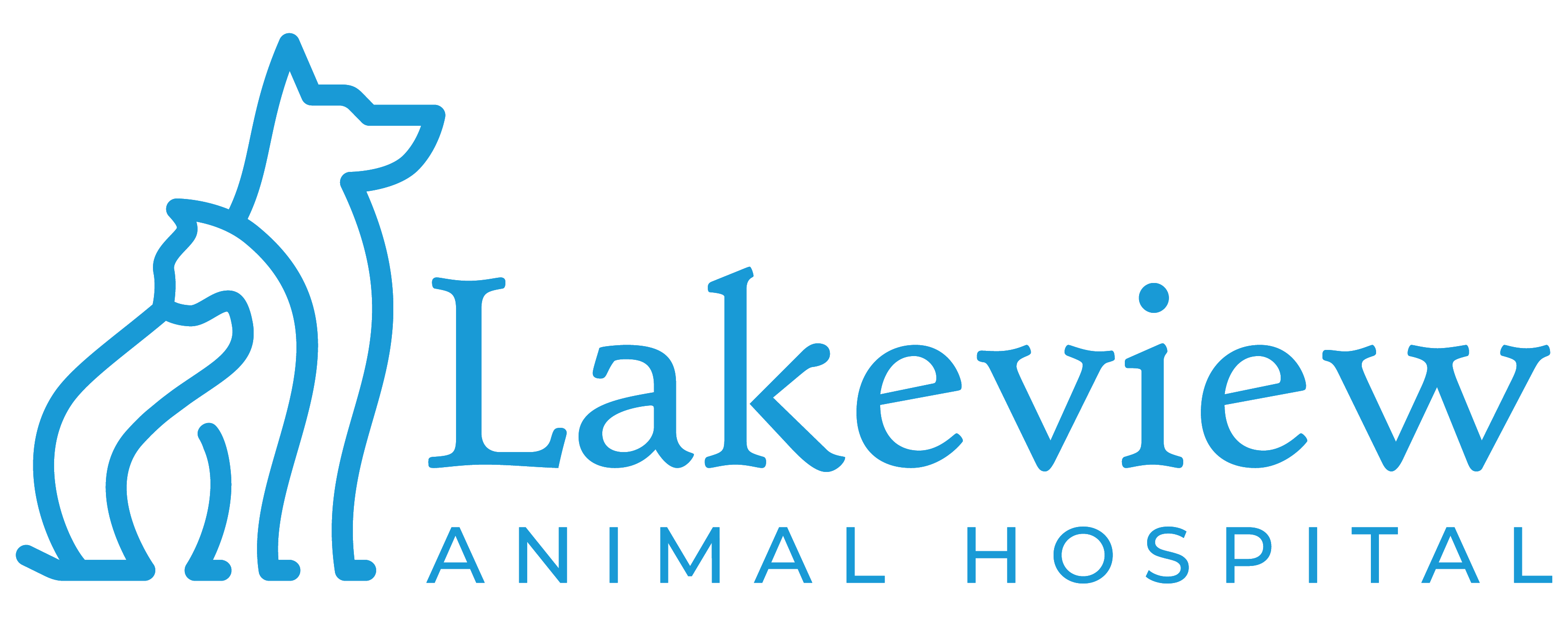Educational Articles
-
Once a pet has lost some weight, the new goal is to make sure that excess weight stays off. Pet parents who partner with their veterinary health care team for support and who focus on changing their behaviors often have the most success. Examples of some changes include using a different food or a different feeding method, focusing more on portion control, and incorporating some movement or activity time into each day. This article addresses several commonly asked questions about how to help a pet during the maintenance phase (after the weight has been lost).
-
The purpose of pet microchips is to provide permanent identification. Microchips are tiny, about the size of a grain of rice, and contain a unique identification number. They are inserted with a needle under the skin between the shoulder blades. A microchip reader detects the electronic code embedded in the chip and displays the identification number on its screen. The registration database is then checked for this identification number (either online or by telephone), and the pet owner's contact information is retrieved. A microchip is the most reliable way to reunite lost pets with their owners and may also be required for international travel.
-
Most dogs seem to take moving in stride, if they are with are with their familiar social group. Try to anticipate changes in the dog’s routine and introduce the changes prior to the move. Familiarize your dog with any novel noises that might be associated with the new home. If there will be new pets or people in the new home, arrange introductions ahead of time in a neutral location. When you arrive at your new home, give your dog plenty of time to adjust before trying to leave him alone.
-
Many herding breeds (most commonly Collies and Australian Shepherds) have a mutation at the MDR1 gene that makes them more sensitive to the negative effects of certain medications. These drugs include several antiparasitic agents (when given at high doses), the antidiarrheal agent loperamide (Imodium®), and several anticancer drugs. The effects of the mutation vary in severity, depending on whether the dog carries one or two copies of the mutation. There is a cheek swab or a commercially-available test that assesses blood samples for the presence of the MDR1 mutation.
-
Neutering should be considered if you are keeping any male dog as a pet. Remember that Guide Dogs for the Blind, Hearing Dogs for Deaf People, and Dogs for the Disabled are routinely neutered, and this does not impair their ability to perform their duties.
-
A nutraceutical is a food or food product that reportedly provides health and medical benefits. Specific nutraceuticals are commonly used in the management of osteoarthritis in dogs. Because nutraceuticals are not subjected to the same testing and regulation as pharmaceuticals, it is always best to consult your veterinarian before giving any to your dog.
-
Dogs are omnivores meaning that, under normal circumstances, dogs can meet their nutritional needs by eating a combination of plant and animal foods. Selecting a dog food can be a challenging task. Feeding your dog a proper diet for their life stage is one of the most important aspects to help keep them at optimal health. Your veterinary health care team can help you make good-quality diet choices and determine the correct number of calories your dog needs in a day.
-
When the digestive tract is upset, vomiting and diarrhea may result. Since the causes of these symptoms are varied, it's best to consult a veterinarian. Often, a gastrointestinal (GI) diet is recommended to support the digestive tract and ensure the gut gets the nutrients it needs to recover. A bland diet of cooked chicken and rice might be recommended, but it has several limitations and is not appropriate for long-term feeding.
-
This handout discusses the risks and benefits of feeding a home-prepared versus commercial diet to your cat or dog. Topics highlighted include food safety, nutritional imbalances, and the need to ensure that any home-prepared diet has been well researched for nutritional safety and completeness.
-
Because of differences in large and giant dogs' energy and nutrient needs, some pet foods are specifically formulated for these requirements. Adequate diet and feeding management are important for adequate growth and preventing orthopedic problems and gastric dilatation-volvulus (GDV) or bloat. Specific recommendations are included for selecting an appropriate diet for a large or giant breed dog. Feeding management recommendations are also included.

